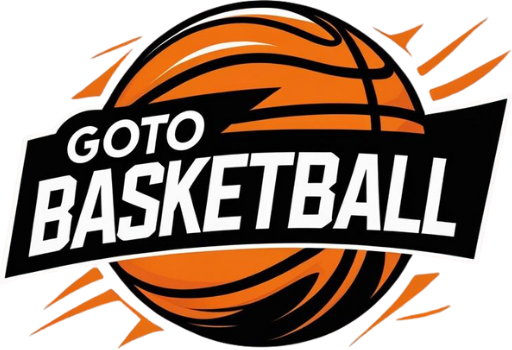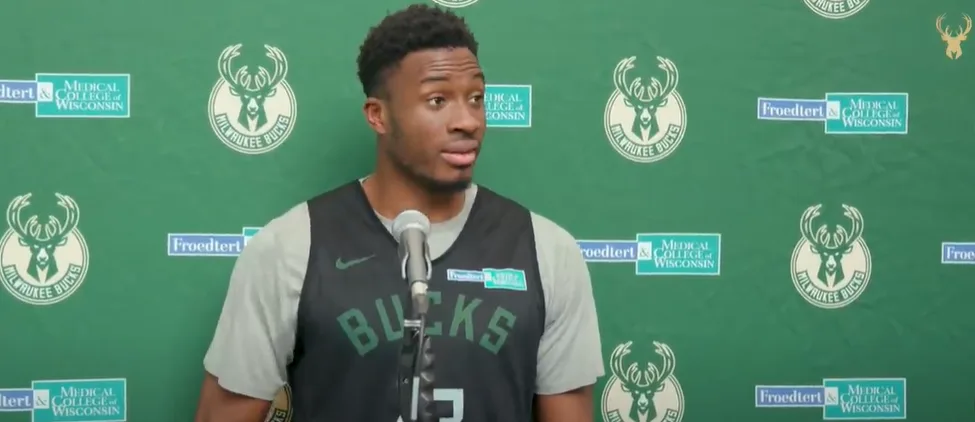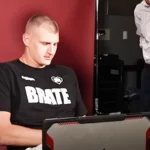In the high-stakes, multi-billion-dollar ecosystem of the NBA, where every roster spot is meticulously calculated for maximum on-court efficiency, players like Thanasis Antetokounmpo are often viewed as statistical anomalies. His box scores won’t dazzle you; his per-game averages are modest. Yet, to dismiss his value based on metrics alone is to fundamentally misunderstand the heart of a basketball team. That’s why his return to the Milwaukee Bucks for the 2024-25 season, after missing the entire previous year with a devastating Achilles tendon injury, is more than a simple transaction [1]. It’s a restoration of a team’s spirit, a brother’s return to his sibling’s side, and a powerful testament to resilience in the face of a career-threatening injury.
For the Antetokounmpo family, basketball is a collective journey. Thanasis’s comeback is a chapter of struggle and triumph that resonates far beyond the hardwood, reminding us that the most critical roles on a team are not always measured in points per game.
The Injury: A Silent Blow to the Bucks’ Bedrock
The details surrounding Thanasis’s injury were, characteristically for the private older brother, kept quiet. Achilles tendon injuries are among the most feared in professional sports, a tear or rupture that strikes with little warning and carries a long, uncertain road to recovery. The injury typically occurs during explosive pushing-off movements—the very foundation of a basketball player’s athleticism [2].
For a player like Thanasis, whose game is built on relentless energy, defensive hustle, and athletic bursts, the psychological blow of an Achilles injury is profound. The immediate questions are terrifying: Will I ever be the same athlete? Can I come back at all? The history of the injury is littered with careers altered, though modern medicine has improved outcomes significantly. The rehabilitation process is a grueling marathon of painstaking, lonely work, often taking over a year to return to peak form, if it ever comes [3]. His absence during the 2023-24 season was a silent void on the Bucks’ bench. While the team navigated a turbulent season with a new coach and high-pressure expectations, they were without their primary energizer, their emotional sparkplug. The stats won’t show what was missing, but anyone who watched the team could sense an occasional drop in the palpable, infectious energy that Thanasis provides in droves.
The Role of the “Glue Guy”: Why Thanasis is Invaluable
Thanasis Antetokounmpo is the kind of player that is technically but beautifully, defiantly intangible in an age of analytics. He is the classic type of a glue guy, a role player, a guy who does the dirty work, who shares in the success of the team as though it were his own, and who ensures that the culture and chemistry of the locker room are preserved.
His contributions to the court are not many in terms of minutes, but they are making a difference. He is an aggressive disruptor and relies on his long wingspan and athleticism to frustrate the rival, generate a turnover, and add immediate tempo to a game. His defensive activity is evidenced by an average of a steal every 36 minutes [4]. His real worth is in the number of charges drawn, in the number of loose balls he dives upon, in the defensive turnovers which close an opponent down.
His position outside the court is more important. He is the friend of Giannis, his protector, and the one who would keep him connected to reality all his life when the world is surreal with all the fame and pressure that being an NBA superstar and world icon can bring. The story of how the brothers started selling the sunglasses and toys in the streets of Athens and emerged as the NBA champions is a legend [5]. Thanasis is the one who kept that flame constantly to remind them of their origin and the common struggle that united them. Not only to Giannis, but also to the whole organization, he is the emotional anchor. https://www.hopkinsmedicine.org/health/conditions-and-diseases/achilles-tendon-injuries
A Brotherhood Forged in Struggle: The Antetokounmpo Legacy
One needs to know the Antetokounmpo story to see the importance of Thanasis returning. The brothers were born in Greece as children of Nigerian immigrants and were living in poverty and discrimination. They had only one pair of basketball shoes, and they frequently played without having anything to eat [6]. Thanasis was two years older, and ever the pioneer. He became the first to be signed by a professional club in Greece, the first to declare in the NBA draft, and the first to make the jump to the United States.
The start of his NBA career was a nightmare because he had to spend time in the G League and with New York Knicks before he had a home in Milwaukee. He paved the way. He proved that it could happen. And when Giannis appeared, wide-eyed, overwhelmed, it was Thanasis who had already come, showed him the way, lived with him, and was getting him acclimatized to a new world and to a different culture [7].
The essence of Giannis is his bond. Giannis has repeatedly said that his elder brother was his hero [8]. It is not pure brotherly love; it is a pure recognition of the place occupied by Thanasis in his life. The prospect of Giannis playing in the building without his brother, the hero, was an emotional burden the superstar did not have to bear, particularly after a serious injury. The weight of that is taken off by the appearance of Thanasis.
The Road to Recovery: A Test of Will
Recovering from an Achilles tendon rupture is one of the most daunting challenges an athlete can face. The process is a testament to pure willpower. It begins with surgery to repair the torn tendon, followed by months in a boot or cast. The early stages involve agonizingly slow progress: learning to walk again, then to jog, then to jump.
The fear of re-injury is a constant companion. The tendon must be strengthened gradually, with countless hours of physical therapy focused on calf raises, plyometrics, and rebuilding the explosive power that defines an NBA athlete. Players like Kevin Durant and Klay Thompson have returned from Achilles tears to play at an elite level, but their journeys required immense mental and physical fortitude [9].
For Thanasis, whose game is so dependent on his athleticism, this rehabilitation was a fight for his career. His successful return to the Bucks’ roster is a victory in itself, a signal that he has cleared the significant hurdles required to compete again at the highest level. It’s a triumph of perseverance that commands respect from every corner of the league.
The Ripple Effect: What This Means for the 2024-25 Bucks
The Bucks are entering a critical season. With a full training camp under head coach Doc Rivers and a roster still built around the championship core of Giannis Antetokounmpo and Damian Lillard, stability and chemistry are paramount. The return of Thanasis is a low-risk, high-reward move that directly feeds into those needs.
His presence automatically improves team morale and practice intensity. He sets a standard of unselfishness and effort that is contagious. For a team that has sometimes struggled with defensive consistency, having a vocal, energetic leader who holds himself and others accountable is invaluable.
Furthermore, his return provides an immense sense of comfort and stability for Giannis. A happy, focused, and supported Giannis is the single most important ingredient for the Bucks’ championship aspirations. In this way, re-signing Thanasis might be one of the most impactful front-office moves of their offseason, a masterclass in understanding that building a team is about more than just assembling talent; it’s about cultivating a family.
A Celebration of the Intangibles
In the end, the story of Thanasis Antetokounmpo’s return is a celebration of the human elements of sports that often get lost in the shuffle of salary caps and advanced analytics. It’s a story about brotherhood, loyalty, and the unwavering spirit of a player who has carved out an essential role by being unequivocally himself.
His journey back from a potentially career-ending injury is a powerful narrative of resilience. It reminds us that professional athletes are not just assets, but people who face fear, doubt, and profound challenges. Thanasis’s victory is not just in earning another contract, but in overcoming the odds to rejoin his family, both biological and basketball, doing what he loves.
As the Fiserv Forum crowd rises to its feet when he checks into his first game back, the roar won’t just be for a player. It will be for a brother, a fighter, and the undeniable heart of the Milwaukee Bucks. And that is something a stat sheet could never capture.





